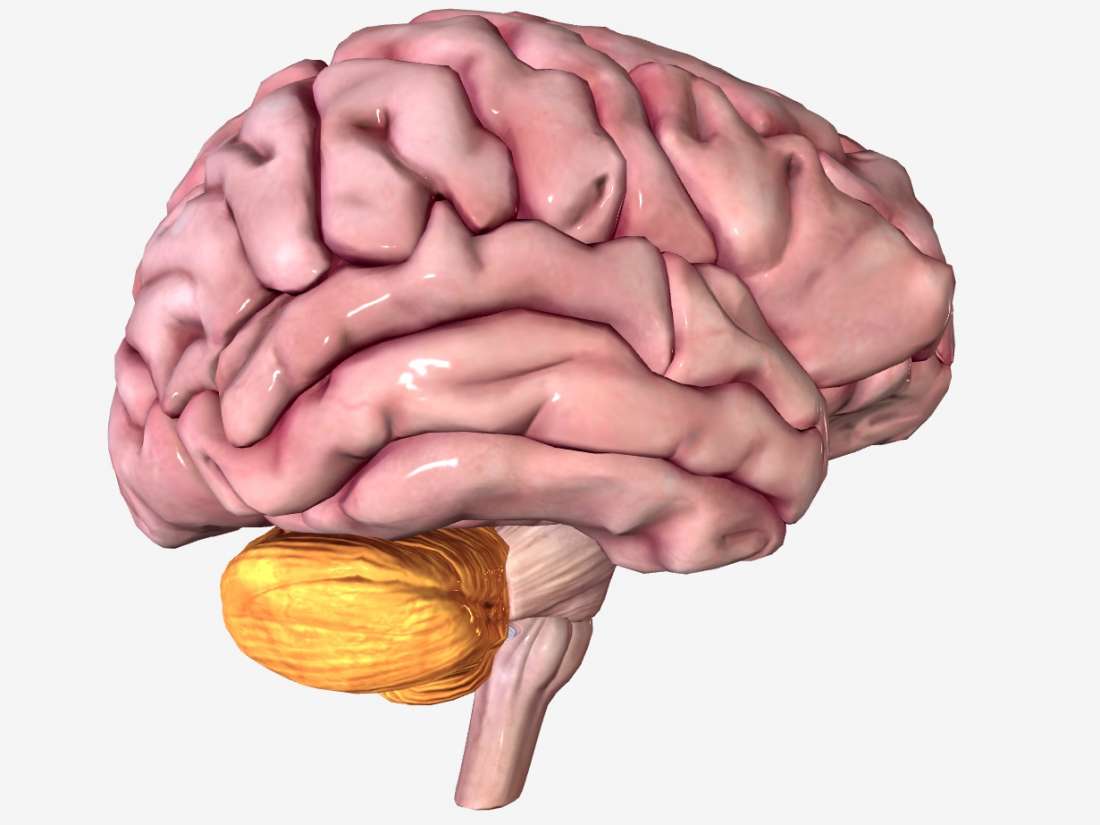Contact us:
+1 (520) 226-8615
Email:
[email protected]

MN551 Advanced Pathophysiology Across The Lifespan Week 9 Discussion
Case Study Posting Requirements
Case Study 1
Organization and Control of Neural Function
Riku is a 19-year-old college student. One morning, after a long night of studying, Riku woke up and made himself a hot cup of coffee and toast.
Much to his surprise, when he brought the cup to his mouth to drink, the coffee spilt onto the table. Riku went to the bathroom mirror and noticed the left side of his face seemed to droop. He quickly got dressed and ran to the medical clinic on the college campus. As he ran, his left eye began to feel scratchy and dry, but he could not blink in response. The physician at the clinic listened to Riku’s story and then did a careful cranial nerve examination. She concluded that Riku had Bell palsy, an inflammatory condition of the facial nerve most likely caused by a virus.
MN551 Advanced Pathophysiology Across The Lifespan Week 9 Discussion
Case Study 2
Somatosensory Function, Pain, and Headache
Ramandeep is an active 23-year-old. She works as a part-time nurse during the day and is studying for a postgraduate certificate in the evening. Ramandeep started to wear a bite plate at night after she began to experience jaw pain and headaches. Sometimes the pain radiated to her ear, and she would apply a hot water bottle to it to ease the discomfort. Her husband mentioned to her that he heard her grinding her teeth at night while she was sleeping. She knew then that her headaches might be from temporomandibular joint syndrome, and she went to her dentist to confirm her thoughts. In addition to the bite plate, the dentist also recommended she should continue with the application of heat, use NSAIDs when needed, and incorporate regular relaxation exercises throughout her stressful days.
Case Study 3
Disorders of Motor Function
John is 63 years old and receives home care by an occupational therapist twice a week. His therapist is currently working with John on maintaining joint flexibility and balance. John demonstrates resting tremor, so his therapist is also working on adaptive techniques, so John can continue to use his hands to write, use the computer, and cook simple meals. John’s wife assists with his mobility and walks slowly beside him, holding his arm. Sometimes she needs to help him open his prescription bottles, so he can take his medicine, a combination of levodopa and carbidopa.
MN551 Advanced Pathophysiology Across The Lifespan Week 9 Discussion
Case Study 4
Disorders of Brain Function

Bonnie is a 70-year-old woman who lives alone. One evening, she felt light-headed and dizzy. When her head began to ache, she decided to take an analgesic and go to bed early. The following morning, upon awakening, she was unable to move the bed sheets with her right arm. At this point she was experiencing tingling sensations in her limbs, and she had difficulty keeping her balance. She dialed 911 for help, and by the time the ambulance arrived, she was confused and unable to articulate her words although she knew what information he was asking of her. In the hospital, she was examined and treated for ischemic stroke.
Case Study 5
Sleep and Sleep Disorders
Jessica is six years old. Her parents recently saw her pediatrician because they were concerned about the sleeping difficulties Jessica has been having. Often she would scream out loud in her sleep. Her parents would rush to her room and find her sitting upright in bed, panting heavily in a state of panic. Jessica would not respond to her parent’s words of consolation, and the next morning she would have no memory of the incident at all. Her parents were worried about the anxiety their daughter was experiencing and asked the pediatrician what they could do about her nightmares. The pediatrician explained Jessica was likely suffering from sleep terrors and carefully described what that meant.
MN551 Advanced Pathophysiology Across The Lifespan Week 9 Discussion
Case Study 6
Disorders of Thought, Emotion, and Memory
Ella is 88 years old and was living at home until very recently. Her children, who visited her regularly, noticed she was becoming more forgetful. At first, she mislaid objects, and then she began to forget her doctor’s appointments. With time, her personality changed and she became withdrawn. At home she would forget to turn off the stove or leave the kettle on until it boiled dry. After seeking advice from a gerontologist and social worker, Ella’s children placed her in a nursing home with a unit equipped for patients with Alzheimer disease.
To view the Grading Rubric for this Assignment, please visit the Grading Rubrics section of the Course Home.
Kindly navigate to Order Now for a complete and more resourceful answer.